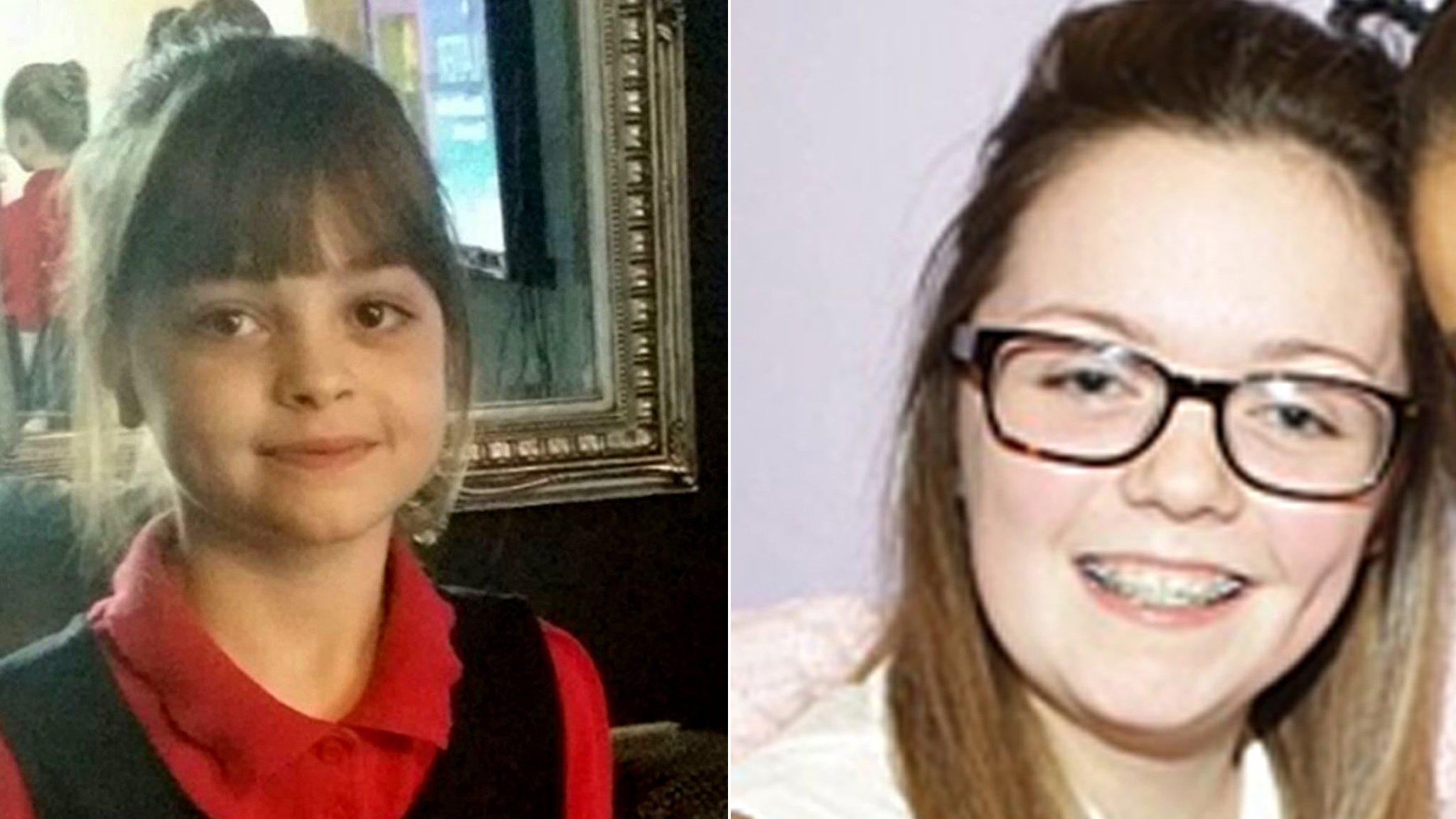Manchester Arena attack survivors win case against conspiracy theorist
- Published
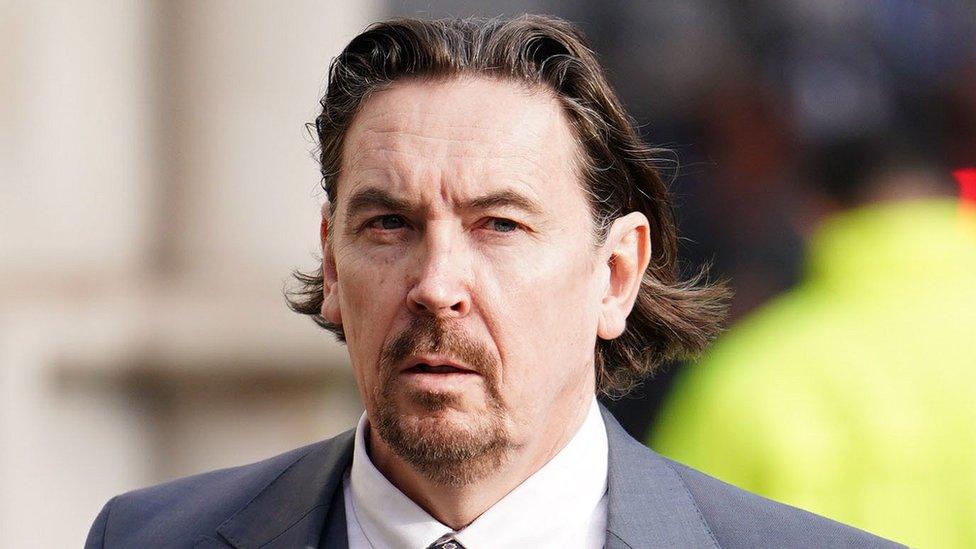
Richard Hall's claims were described as "absurd and fantastical"
Two survivors of the Manchester Arena attack have won their bid to sue a writer who said it was faked.
Richard Hall's claim that no-one died in the 2017 attack, which killed 22 people at an Ariana Grande concert, was "preposterous", a judge said.
Judge Richard Davison ruled in favour of Martin and Eve Hibbert, who sued Mr Hall after he said they were not there.
The father and daughter were injured when suicide bomber Salman Abedi detonated a device.
Mr Hibbert, who lives in Chorley, Lancashire, was paralysed from the waist down, while Eve, then aged 14, suffered a life-changing brain injury.
Mr Hibbert said Mr Hall "went way too far" when he approached Eve and her home.
"It is unacceptable to bring anxiety and distress to us in this way and a stand had to be taken. I am pleased that a court saw through his ridiculous assertions."
At a High Court hearing in January, the pair applied for a summary judgment for parts of their claims against Mr Hall - a legal step which sees those aspects decided without a trial.
Mr Hall, who published extensively about the attack on 22 May 2017, said the event was a "a staged operation".
Judge Davison described his claims that Abedi did not die in the attempt, but escaped and was later cleared by authorities, as "fanciful."
In his ruling, he said Mr Hall's claim the Manchester bombing was "an operation staged by government agencies in which no-one was genuinely killed or injured" as "absurd and fantastical".
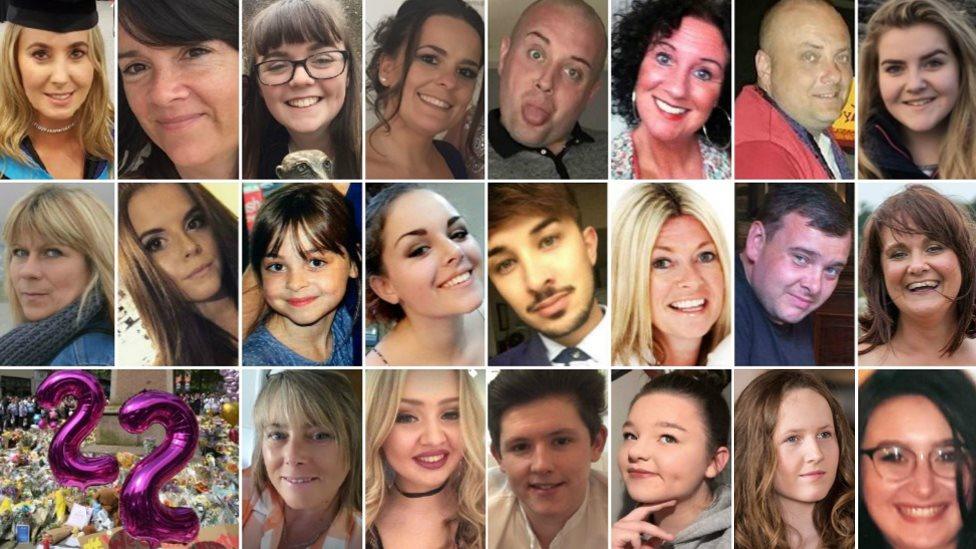
Twenty-two people were killed in the attack on 22 May 2017
CCTV stills showed the pair, who had tickets, at the concert, yet Mr Hall claimed they were "likely harmed before the attack and recruited but did not attend".
The judge ruled: "It is obviously incorrect to say that there is no "reliable, verifiable evidence" of the claimants' attendance at the concert. The contrary is the case."
He added Mr Hall, who represented himself, had "no real prospect, indeed no prospect at all, of success" in the case and said there would be a further hearing to decide costs and directions.
The father and daughter took legal action against Mr Hall for harassment, misuse of private information and data protection.
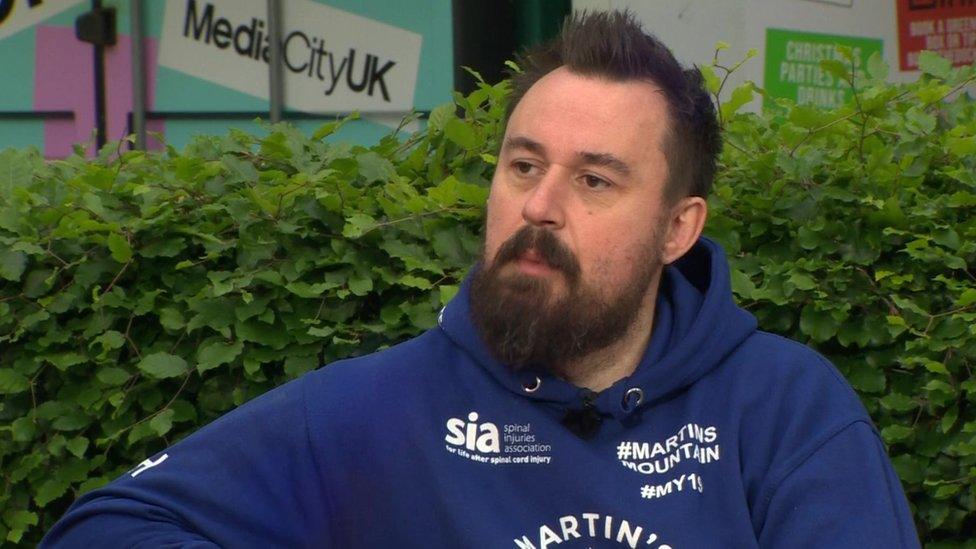
Martin Hibbert was left paralysed from the waist down after the 2017 attack
In Thursday's ruling, Judge Davison ruled in favour of the pair and said, without this early decision, Mr Hall would "use the trial as a vehicle to advance and test his staged attack hypothesis".
Mr Hibbert said Mr Hall's claims were "repugnant and offensive".
"I am pleased by the court's sensible ruling today. I believe everyone is entitled to an opinion, however there comes a point where the line is crossed and action has to be taken."
Neil Hudgell, of Hudgell Solicitors, said there was "no question of the authenticity" of victims' experiences and they "should not have to deal with such malicious and unfounded allegations".
"We are privileged to stand alongside Martin, who has made a stance on behalf of all the victims to ensure conspiracy theorists such as Hall are shut down from spreading their poison."
Since 2017, Mr Hibbert has raised more than £900,000 for the Spinal Injuries Association by climbing up Mount Kilimanjaro in 2022 using a specially-adapted wheelchair.
He has also been named one of the most influential disabled people in the UK.

Why not follow BBC North West on Facebook, external, X, external and Instagram, external? You can also send story ideas to northwest.newsonline@bbc.co.uk
- Published29 January 2024

- Published8 November 2023
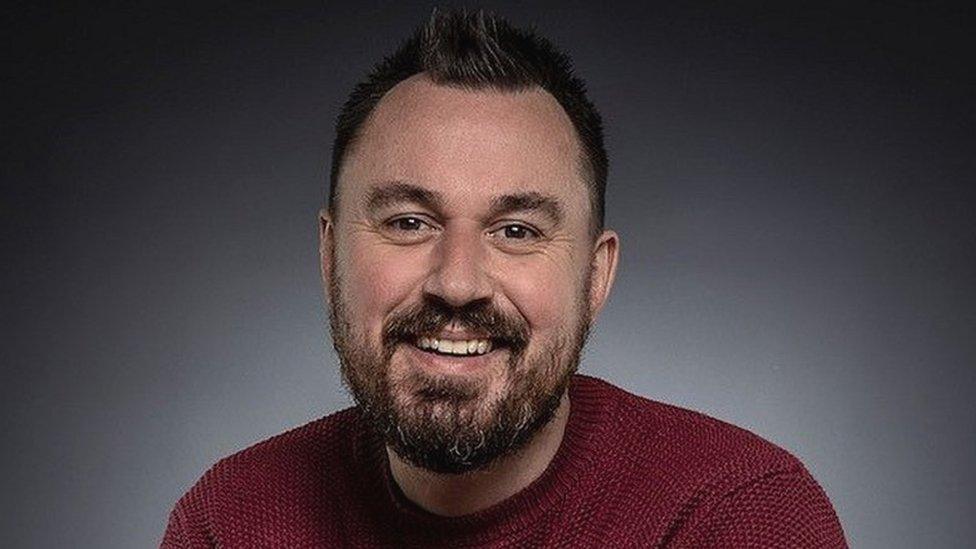
- Published31 October 2022
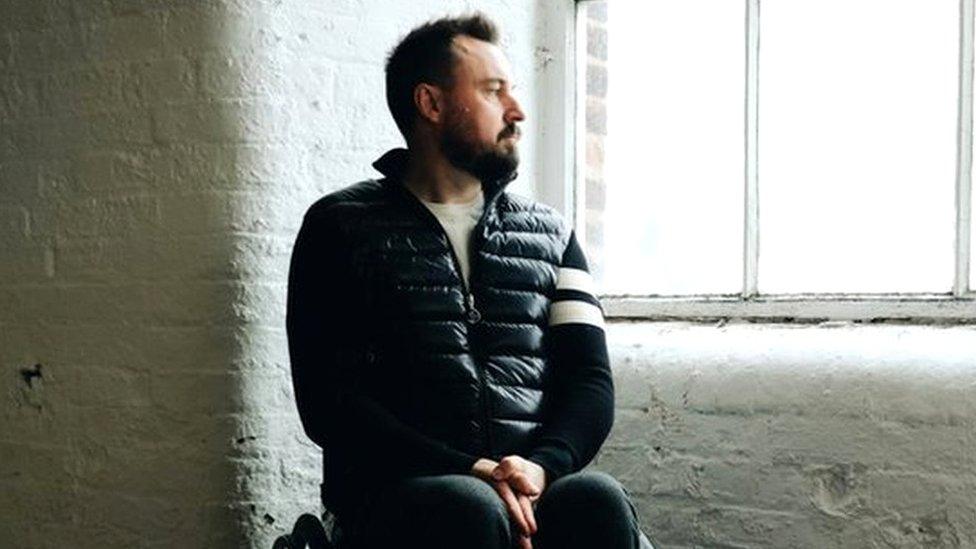
- Published8 June 2022
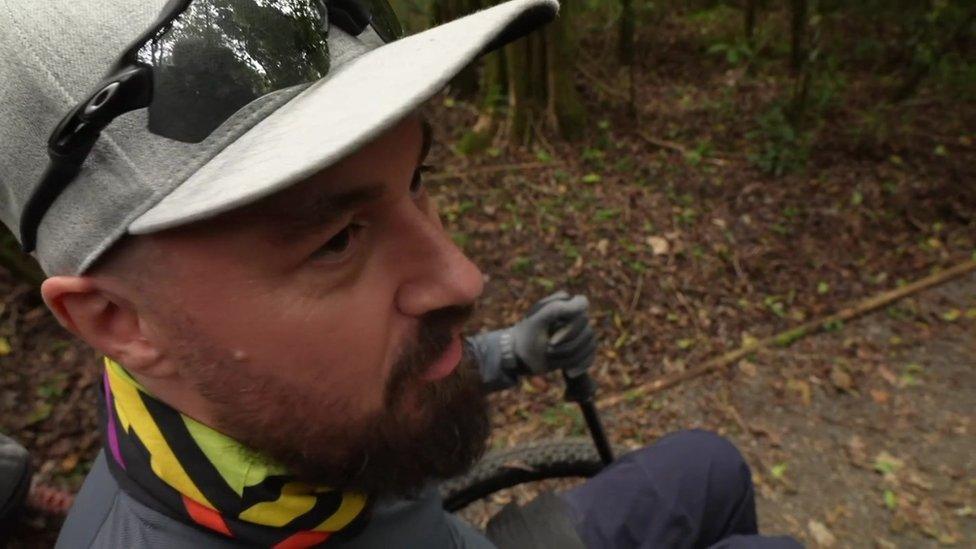
- Published3 November 2022

- Published23 May 2017
